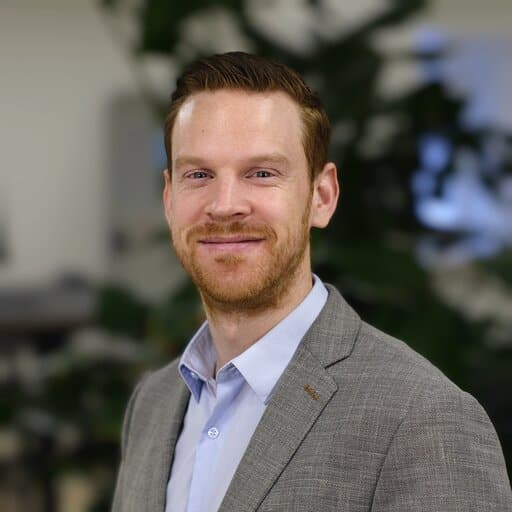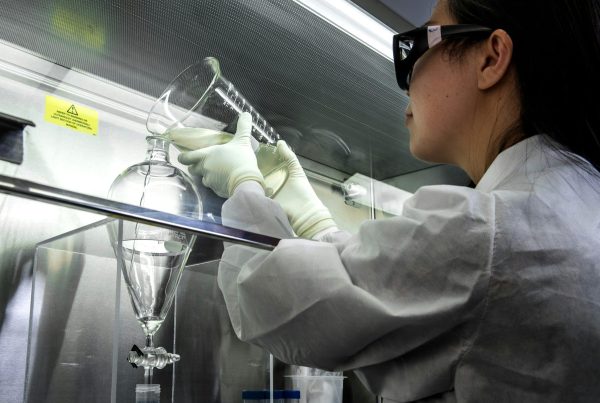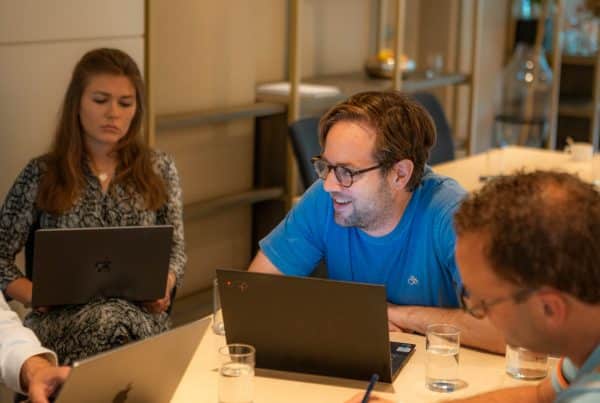Have you ever felt deeply invested in a particular domain within your own community, only to discover that you are just one of many attempting to decipher the same puzzle?
This realisation inspired us to host the inaugural OMOP Roundtable event in Denmark, in a pursuit to break down siloes and unite individual efforts in a collaborative network.
First Danish National OMOP Roundtable
We are excited to announce that ADC recently hosted the first Danish National roundtable event on The Observational Medical Outcomes Partnership (OMOP).
The event brought together individuals across the life science industry and public sector in Denmark. Participants ranged from newcomers to experts in OMOP and Observational Health Data Sciences and Informatics (OHDSI).
OMOP and OHDSI: A Closer Look
The event offered a deep dive into the fundamentals of OMOP and OHDSI, and how they can create value. OMOP is a standardised data model governed by the OHDSI community. OHDSI further provides tools that enable standardised analysis of disparate health data, facilitating evidence generation, collaborative research, and efficient resource use.
If you would like to learn more check out:
Sharing Experiences and Learnings
The roundtable was marked by a strong enthusiasm for sharing experiences and learnings with OMOP. We were privileged to have Espen Enerly from the OHDSI Norwegian National node, who shared his insights on implementation of OMOP in Norwegian research projects and in the Cancer registry of Norway.
Additionally, Benjamin Skov Kaas-Hansen from Rigshospitalet, Department of Intensive care gave insights on integrating OMOP in a database that can support research and best practices for intensive care patients in Denmark.
A Positive Step Towards the Future
Standardised and common data models are key to unlocking the potential of observational health data. As patient data access is restricted, the ability to run analyses on local datasets without direct access becomes increasingly important. Therefore, it’s exciting to see the enthusiasm for adopting these standards among attendees from both the industry and public sector.
As the adoption of the OMOP common data model increases, so will analytic use-cases. This growth will enable a positive feedback loop that allows for improved analyses and predictive models, paving the way for the next generation of healthcare data science.
Future OMOP Roundtables
The positive experiences and feedback we received from the roundtable participants undoubtedly serve as motivation for hosting future events as we continue to explore and expand the potential of OMOP and OHDSI.
We look forward to continuing these important conversations and fostering a collaborative environment for real-world evidence.
Future OMOP Roundtables
Let us know if you would like to stay informed about future events or have a chat with one of our experts about the advantages of OMOP and common data models. Feel free to message Andreas Kjær (Life Science Client Engagement Manager).

What stage is your organisation in on its data-driven journey?
Discover your data maturity stage. Take our Data Maturity Assessment to find out and gain valuable insights into your organisation’s data practices.







